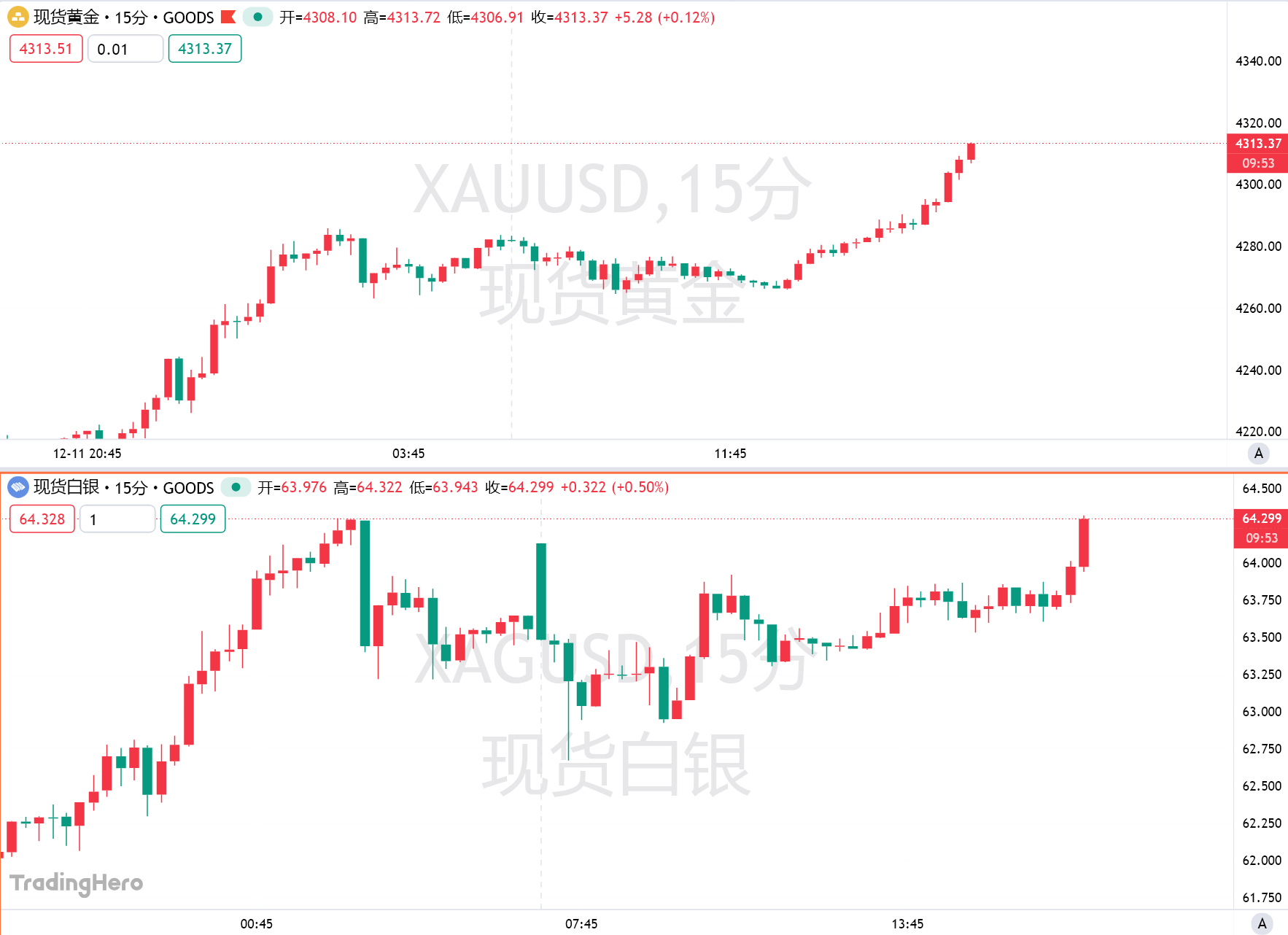A victory for retail investors! Wall Street short sellers suffer their worst performance in five years and are forced to "surrender"
Retail investors banding together are overwhelming professional short-sellers, as once-dominant Wall Street bears are experiencing their most painful defeat in five years. Wall Street elites, out of solutions, have begun to blame retail investors for being "irrational"...
Traders shorting US stocks are blaming their worst annual returns in five years on blindly following retail investors.
According to calculations by data analytics firm S3 Partners, a portfolio composed of the 250 most popular US stocks among short sellers has surged 57% this year, causing heavy losses for traders betting on these stocks to fall. This marks the best performance since 2020, when the portfolio soared 85%.
Bitcoin miner Terawulf and car rental company Hertz, which went bankrupt in 2021, have seen their share prices soar by 155% and 50% respectively this year, with both companies having over 40% of their shares borrowed for short selling.
Short sellers typically borrow stocks and sell them, then wait for the price to drop before buying them back to profit. Before this wave of “junk stock” rebounds, the hype around artificial intelligence and hopes for interest rate cuts had pushed the S&P 500 Index to a series of record highs.
Fueled by a massive influx of retail capital, this upward surge has inflicted heavy losses on short sellers, who have been squeezed out of the market and forced to close their positions.
Carson Block, founder of the well-known short-selling firm Muddy Waters, said in an interview: “The current bull market cycle has become so long and the pullbacks so short that the demand for traditional short selling has all but disappeared.”
He added that nowadays, active short selling—researching companies and publishing reports—is the only way to consistently make money by shorting stocks. Block said: “Just like every pullback now, the emergence of risk is really just another ‘buy the f**king dip’ (BTFD) opportunity.”
Famous short sellers, including Nate Anderson of Hindenburg Research and Jim Chanos, who shorted Enron before its collapse in 2001, have all “laid down their arms” in recent years. This is partly due to the growth of passive investment funds, which indiscriminately buy entire indexes, driving the US stock market relentlessly higher.
“This year has been really, really tough,” said Anne Stevenson-Yang, co-founder of active short-selling and long-term research firm J Capital Research. “Since 2020, we’ve all been waiting for the market to become more rational, but it hasn’t—it just keeps going up, up, and up.” She added, “Retail investors are more inclined to go with the flow, whether or not the wave makes sense.”
Few companies better illustrate the plight of short sellers than AppLovin. Despite multiple short reports accusing the $200 billion advertising group of exaggerating its AI capabilities, its share price has still risen 65% this year.
AppLovin has strongly denied allegations of financial and accounting misconduct, calling the reports “baseless” and “full of inaccurate and false assertions.” A senior investor at a mid-sized US short-selling firm said: “‘Junk stocks’ have performed so well this year that it’s basically impossible for anyone fishing in this ‘pond’ to succeed.”
They added that, for companies accused of misconduct, “consequences have all but disappeared,” citing the example of Trevor Milton, founder of electric truck maker Nikola, who was pardoned by Trump after being convicted in 2022 of lying to investors.
This week, Milton announced his “comeback” through aircraft manufacturer SyberJet, saying he would “transform aviation just as I transformed transportation.” The founder of a US active short-selling firm commented:
“In the past, you might encounter a lot of bubbles, and those would create opportunities. But now, this frenzy is appearing in multiple corners of the market. For example, cryptocurrencies, nuclear energy, quantum technology, and any bubble related to artificial intelligence or data centers. For short sellers, there’s almost nowhere to hide.”
Disclaimer: The content of this article solely reflects the author's opinion and does not represent the platform in any capacity. This article is not intended to serve as a reference for making investment decisions.
You may also like
A decade-long tug-of-war ends: "Crypto Market Structure Bill" sprints to the Senate
At the Blockchain Association Policy Summit, U.S. Senators Gillibrand and Lummis stated that the "Crypto Market Structure Bill" is expected to have its draft released by the end of this week, with revisions and hearings scheduled for next week. The bill aims to establish clear boundaries for digital assets by adopting a classification-based regulatory framework, clearly distinguishing between digital commodities and digital securities, and providing a pathway for exemptions for mature blockchains to ensure that regulation does not stifle technological progress. The bill also requires digital commodity trading platforms to register with the CFTC and establishes a joint advisory committee to prevent regulatory gaps or overlapping oversight. Summary generated by Mars AI. The accuracy and completeness of this summary, generated by the Mars AI model, is still being iteratively updated.

Gold surpasses the $4,310 mark—Is the "bull frenzy" returning?
Boosted by expectations of further easing from the Federal Reserve, gold has risen for four consecutive days. Technical indicators show strong bullish signals, but there remains one more hurdle before reaching a new all-time high.

Trend Research: Why Are We Still Bullish on ETH?
Against the backdrop of relatively accommodative expectations in both China and the US, which suppress asset downside volatility, and with extreme fear and capital sentiment not yet fully recovered, ETH remains in a favorable "buy zone."

